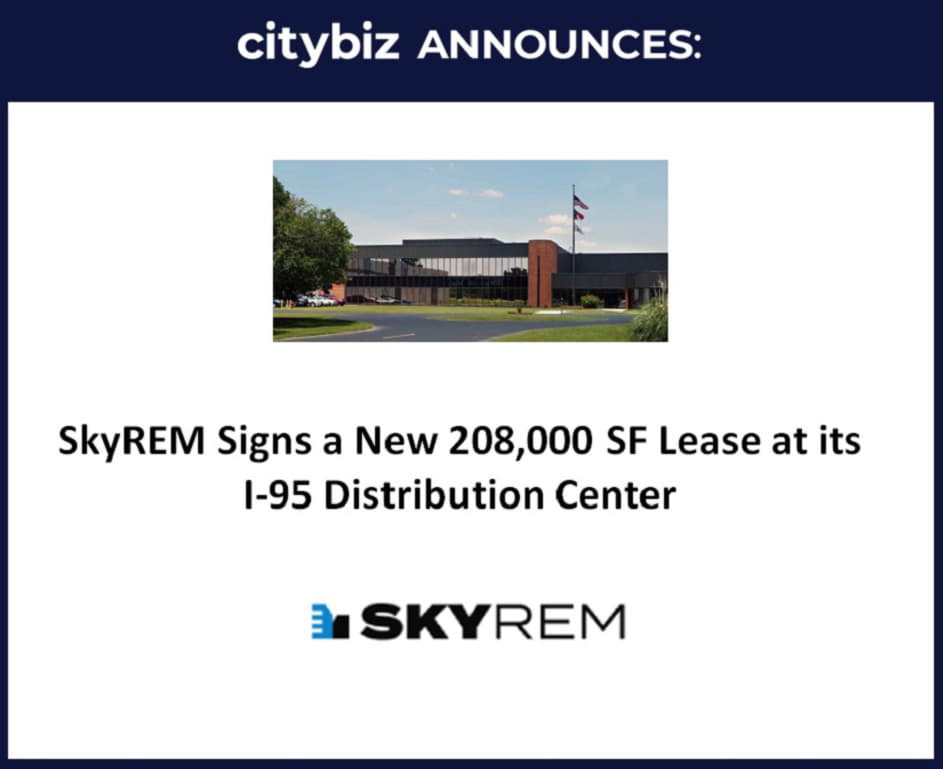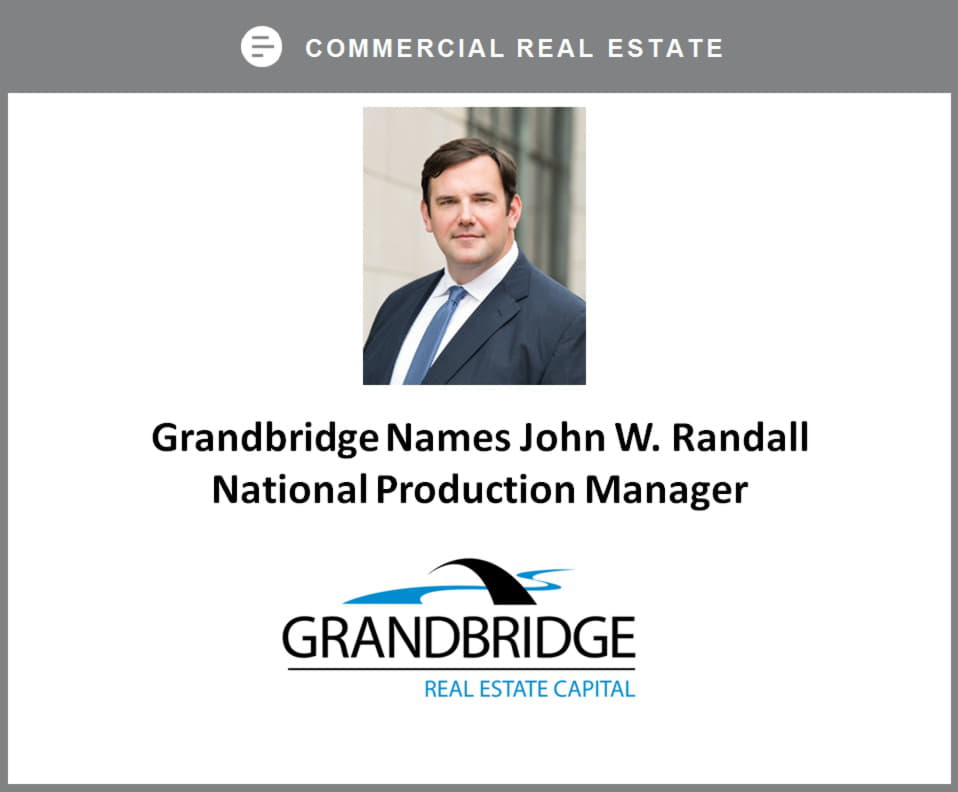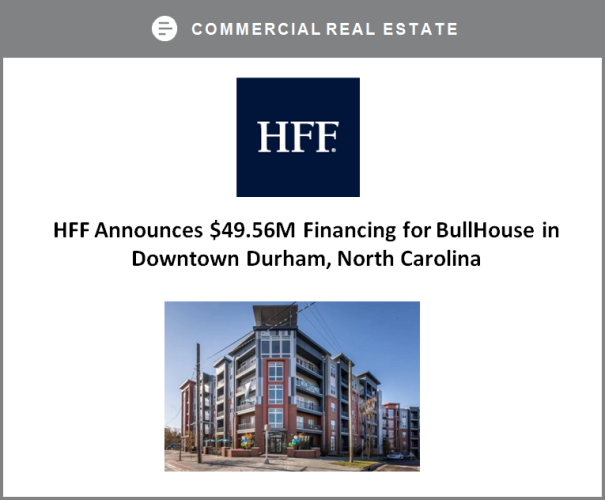The Charlotte Film Festival and the Southern Poverty Law Center will present a new Social Justice Award to “Forbidden: Undocumented and Queer in Rural America,” a feature-length documentary profiling an undocumented queer young person from North Carolina. The film and the presentation of the award is slated for this year’s 8th Charlotte Film Festival, Sept. 22-Oct. 2, 2016.
“Forbidden,” directed by Tiffany Reynard and co-produced by Reynard and Heather Mathews, follows Moises Serrano, whose parents risked everything to flee Mexico and come to the U.S. when Moises was just a baby. After 23 years growing up in rural Yadkin County, N.C., where he is forbidden to live and love, Moises sees only one option — to fight for justice. “Forbidden” chronicles Moises’ work as an activist traveling across his home state as a voice for his community, all while trying to forge a path for his own future.
The Social Justice Award is the first time the Charlotte Film Festival and the Southern Poverty Law Center (SPLC) have partnered. The award highlights a film that fights to seek justice, to enlighten and inform an audience about current issues concerning people that are marginalized, devalued or vulnerable in our society.
“Sponsoring a social justice award for the Charlotte Film Festival is an opportunity for the SPLC to help call attention to pressing civil rights issues in North Carolina, a state that has eliminated anti-discrimination protections for LGBT people and enacted voting restrictions clearly designed to disenfranchise African Americans,” said Lecia Brooks, SPLC Outreach Director.
Brooks continued, “‘Forbidden: Undocumented and Queer in Rural America’ gives a voice to some of the most marginalized and vulnerable people in America, undocumented immigrants in the LGBT community. Anyone who believes that immigration reform should simply be the mass deportation of people like Moises must watch this film. Moises embodies the lived experience of the ‘Dreamers.’ But what distinguishes the film is the detail with which it reveals how our country depends on the labor of immigrants like Moises’ parents, who worked in chicken-processing plants but were systematically marginalized and denied vital services ranging from driver’s licenses to a college education.”
Organizers of the Charlotte Film Festival believe the award highlights the innate power film has to highlight social causes and introduce viewers to new perspectives.
Festival Program Director Jay Morong said about the new award, “Films allow viewers to look at the world through another's eyes and show us a different view of our own absorbed and limited reality. Films that focus on social issues force an audience to engage with issues and allow us to see the world in a new way; perhaps even to inspire us into action. Our hope is that the recognition a film receives for winning this social justice award will raise further awareness for the film’s subject.”
In addition to the new Social Justice Award, the Charlotte Film Festival presents awards for the Best Narrative Feature, Best Documentary Feature, Best Narrative Short, Best Documentary Short and an Audience Award.
“Forbidden: Undocumented and Queer in Rural America” will be screened on Saturday, Oct. 1, 6 p.m., at Ayrsley Grand Cinemas 14, 9110 Kings Parade Blvd., Charlotte, NC 28273. Tickets are $10 (General Admission) and $9 (Students with valid/current ID). Individual tickets, as well as an all-access pass for all screenings and special festival events, are currently available at www.charlottefilmfestival.
ABOUT THE CHARLOTTE FILM FESTIVAL:?
The Charlotte Film Festival is coordinated by Charlotte Cinema Arts, a 501(c)(3) non-profit. The The festival he Charlotte Film Festival was created to give established and emerging filmmakers a weekend festival to showcase their works for industry peers and avid enthusiasts of independent film. Over the years, the Festival has grown to include state of the art venues, attracting filmmakers from around the world as well as industry professionals, and a dedicated audience. While the festival has evolved over the years into a weeklong event, what remains consistent is our mission to "DISCOVER DIFFERENT" and to provide the highest quality festival experience for filmmakers and audience members alike.For more information, go to www.charlottefilmfestival.
ABOUT THE SOUTHERN POVERTY LAW CENTER:?
The Southern Poverty Law Center, based in Alabama with offices in Florida, Georgia, Louisiana and Mississippi, is a nonprofit civil rights organization dedicated to fighting hate and bigotry, and to seeking justice for the most vulnerable members of society. For more information, see www.splcenter.org.






